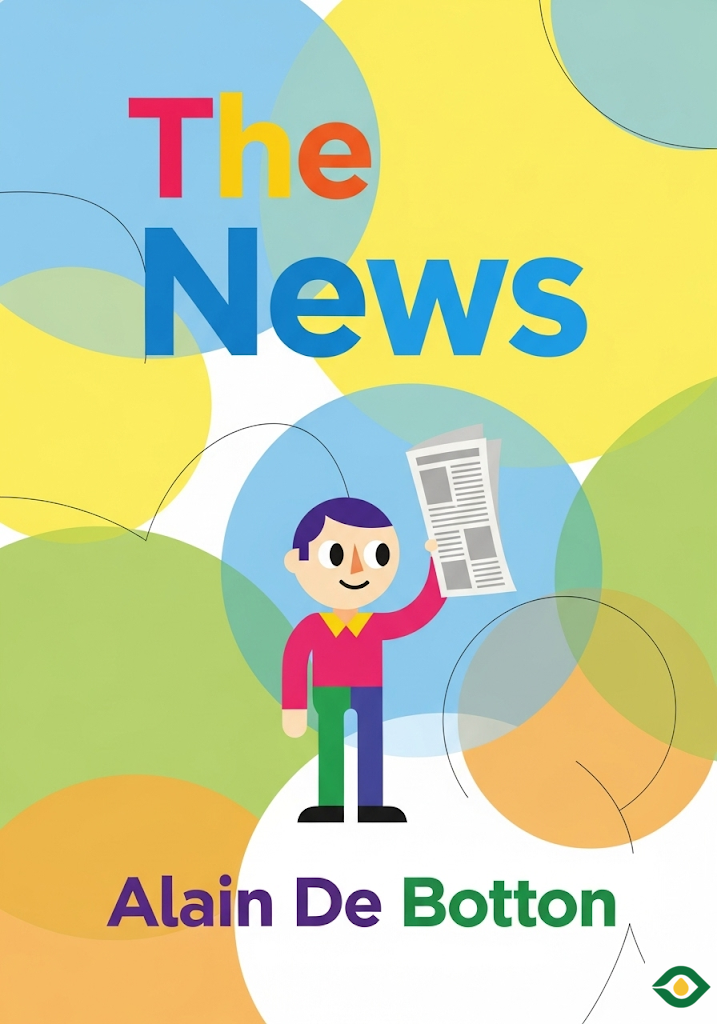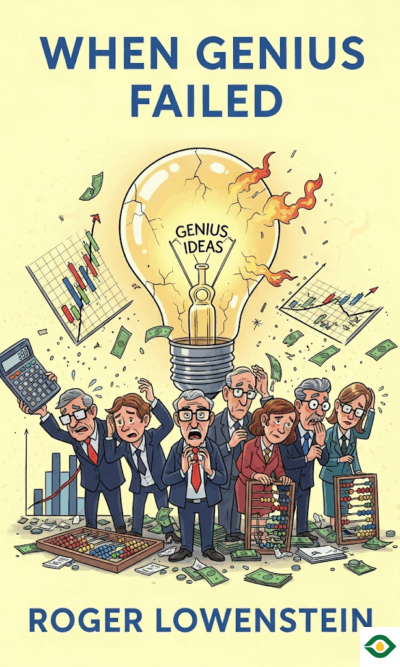Description
Not long ago, the news felt central to daily life. Families would gather around the radio or television to hear trusted voices tell them what was happening in the world. These moments felt important, unifying, even comforting. But today, things have shifted. Many people see the news as distant, confusing, or uninspiring. Headlines come and go, articles get skimmed, and the paper often ends up unread. Why does the news no longer feel alive, and how can it reclaim its role as something that truly matters?
The problem begins with how stories are framed. Headlines often present fragments of information with no context. A sentence might hint at a policy change or a financial number, but without explanation, it feels meaningless. Imagine reading a random line from a novel without knowing the characters or the situation—it would be hard to care. In the same way, political or social news often fails to connect because it leaves out the bigger picture. Readers need to know why an issue matters, how it affects lives, and where it fits into the larger story of society. Without that, the news feels flat.
World news faces a similar challenge. People can binge-watch dramas for hours yet feel bored by international reports. This isn’t because they don’t care about the world—it’s because the reporting often forgets the universal themes that make stories meaningful. A tale of political chaos in another country may seem irrelevant, but if framed around timeless questions—loyalty, betrayal, justice, responsibility—it suddenly feels alive, much like Shakespeare’s plays. The lesson here is simple: people are drawn to values and struggles that transcend time and place. If the news highlights these elements, world events can resonate deeply with anyone, anywhere.
Economic news is another area where storytelling often fails. Instead of offering narratives about people, it tends to drown readers in statistics and jargon meant only for investors. Numbers matter, but behind every percentage point or quarterly report, there are human lives and real consequences. A factory closing is not just a business headline—it is about workers losing their livelihood, families facing uncertainty, and leaders making flawed decisions. These hidden human angles are what make economics relevant to all of us. By focusing on them, financial reporting could transform from lifeless data into stories that explain how the world really works.
Even entertainment and celebrity news could serve a higher purpose. In ancient societies, admiration of great figures—politicians, athletes, thinkers—was a way to inspire people to better themselves. Admiration encouraged growth and the pursuit of virtue. Today, though, celebrity coverage often focuses on trivial scandals or meaningless details: what someone wore, what they ate, or their latest mishap. Instead, the media could highlight admirable qualities—creativity, activism, resilience—that remind us of human potential. By celebrating what is worth emulating, celebrity stories could become uplifting instead of hollow.
Tragedy, too, can be an opportunity for learning if told with compassion. In classic plays, audiences were guided to understand the motivations behind shocking acts, which created empathy even for flawed characters. Real-life tragedies deserve the same treatment. Instead of simply condemning criminals or focusing only on the horror of their actions, reporting could explore the circumstances and failures that led to those outcomes. This does not excuse wrongdoing, but it acknowledges the complexity of human lives and helps us see tragedy in a fuller, more thoughtful way. Without empathy, we risk turning people into one-dimensional villains instead of understanding the deeper lessons their stories hold.
Consumer news may seem the most superficial of all, but even here lies hidden meaning. People don’t just buy products—they seek values, lifestyles, and ideals through the things they choose. A simple dish in a restaurant review may represent elegance and harmony with nature. A car may reflect a desire for freedom, playfulness, or confidence. Reporting on consumer culture could reveal what people are truly longing for: peace, identity, or connection. Rather than dismissing consumerism as shallow, journalists could show how objects and choices reflect deeper human aspirations.
Another important shift is happening with personalized news. Technology now allows us to filter what we see based on our preferences. At first, this feels empowering—we can block topics we dislike and highlight those we enjoy. But personalization carries risks. If we only read what confirms our views, we lose balance and perspective. If we avoid stories that make us uncomfortable, we may miss crucial truths about the world. On the other hand, if we focus only on tragedies, we may drain ourselves of empathy. True understanding comes from balance, from exposing ourselves to a wide range of perspectives, not just the ones that feel easy.
In the end, the problem is not that news is boring. The problem is that it is often presented in ways that strip away the humanity, context, and universal meaning. Every headline, every statistic, every event is part of a much bigger story: the story of people, their struggles, their triumphs, and their search for meaning. When told with care and depth, news can be as gripping as any novel, as moving as any play, and as inspiring as any great speech.
The takeaway is simple. Readers should not give up on the news, but they should also not settle for surface-level reporting. Dig deeper, ask questions, look for the human side of every story. Politics and economics are not distant subjects—they shape our lives as much as culture or entertainment. By seeking out context and meaning, we can rediscover the value of staying informed.
The future of the news depends on this shift. If journalists learn to tell stories with empathy, clarity, and universality, and if readers demand more than fragments and numbers, the news can once again become central to our lives. It can inform us, move us, and inspire us to see the world not as a collection of dull facts, but as a living, breathing narrative of humanity.





